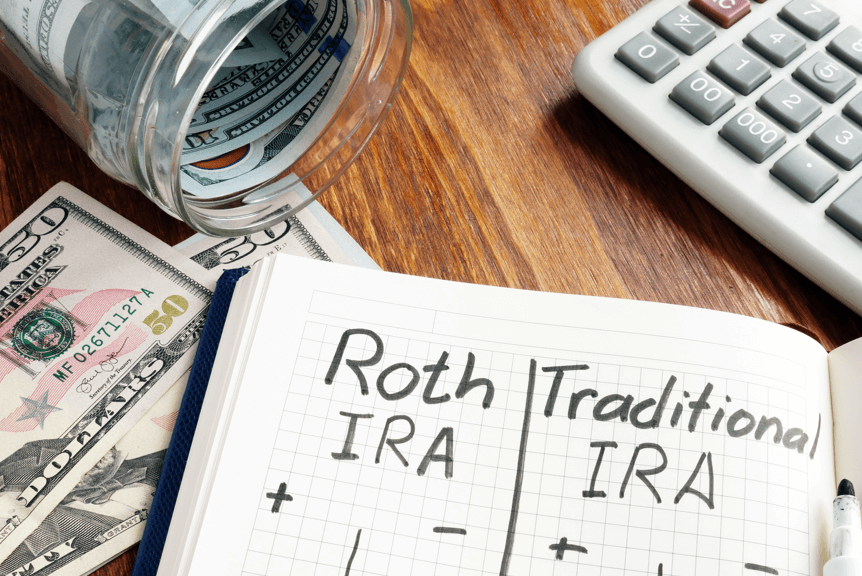Do you feel confident in your investment skills? Have you been driving your investment vehicle with success for quite some time now and you now want to take things to another level?
If that’s you and you’re ready to begin investing in the market, read on to learn about nine options that will suit any need or style:
- Cash Savings Accounts
Cash savings accounts offer very little interest, but they often have no fees and no minimum balances. You can withdraw your money at any time without any penalties, making them a great option if you find yourself frequently needing access to cash quickly. However, these accounts typically earn less than one per cent interest annually, plus it involves keeping the bulk of your money invested in low-yielding short-term treasury securities.
- Precious Metals
If you are worried about the stability of regular currency over time, precious metals can be a smart investment. They have been considered as reliable investments because they maintain their intrinsic value no matter what happens to local economies or fiat currencies. If you want something to protect yourself against the fluctuations of the rest of your investments, then you may want to consider investing precious metals.
Gainesville Coins and their silver trading service and other similar dealers are a great bet in these sorts of investments. A general rule of thumb is to go with a service that has a solid traceable track record. Now isn’t the time to give that newbie in the business a chance; the stakes are much too high to allow for that.
- Traditional Individual Retirement Accounts (IRAs)
Banks let you open an IRA, a type of account that holds your retirement savings on a tax-deferred basis. Again, these accounts typically earn low interest on their invested cash balances, but you can easily shift money in and out as needed without paying additional management fees.
- Certificate Of Deposit (CDs)
Banks offer CDs that work similarly to cash savings accounts, just with higher interest rates. In exchange for locking up your cash for a predetermined period (usually around 6 to 12 months), you may receive an interest rate as high as five per cent at the end of your term. However, you’ll have to pay a penalty if you withdraw the funds before the CD matures.
- Equity Indexed Annuity
An indexed annuity is a contract you purchase from an insurance company. The company pools your money with the funds of other holders and invests it in low-risk assets like government securities, certificates of deposit, or mutual funds. They then use the returns on those investments to provide you with guaranteed growth based on changes in an index like the S&P 500.
Insurance companies typically take about 20 percent off the top for their services before depositing any gains into your account. Furthermore, they charge penalties if you need to withdraw funds early. Therefore, these types of accounts are most effective when they are held until retirement age, rather than used as a means to save money over time.
- Roth IRA
A Roth IRA is similar to a traditional IRA, but its funds grow tax-free instead of being taxed upon withdrawal. To contribute to a Roth IRA, you must meet specific income requirements and have earned wages or self-employment income within the past year. If you do not qualify for a Roth IRA, make sure you check out other retirement accounts such as a traditional IRA or employer-sponsored plans such as 401(k)s that offer tax breaks during saving and investing.
- Bonds
Bonds offer safety and stability in times when markets are down and returns on stocks lack appeal. They also provide guaranteed income in retirement via coupons paid by issuers throughout the bond’s term until maturity. However, they typically come with higher management fees than other investment options because they need to be actively managed to maintain their value against market fluctuations.
- Exchange Traded Funds (ETFs)
Like mutual funds, exchange-traded funds pool money from multiple sources to invest in a variety of assets such as stocks and government treasuries at predetermined indexes like the S&P 500 or the US 30 Year Treasury Bond Indexes. However, ETFs tend to carry lower management fees due to their passive nature, but they also often require a higher initial investment.
- Real Estate Investment Trusts (REITs)
A real estate investment trust is equity that owns or finances income-producing real estate. Like other equities, REITs offer investors the opportunity to own part of a company whose assets are tied to the real estate market. However, these securities tend to be more volatile than most typical investments with high ups and downs during economic downturns or booms.
Conclusion
These options vary in risk, potential returns, and complexity. If you’re just starting with your investment plans, it’s best to begin small, read up on all of your choices thoroughly, and consider talking to a certified financial planner or investing professional before making any final decisions.

Krishna Murthy is the senior publisher at Trickyfinance. Krishna Murthy was one of the brilliant students during his college days. He completed his education in MBA (Master of Business Administration), and he is currently managing the all workload for sharing the best banking information over the internet. The main purpose of starting Tricky Finance is to provide all the precious information related to businesses and the banks to his readers.




